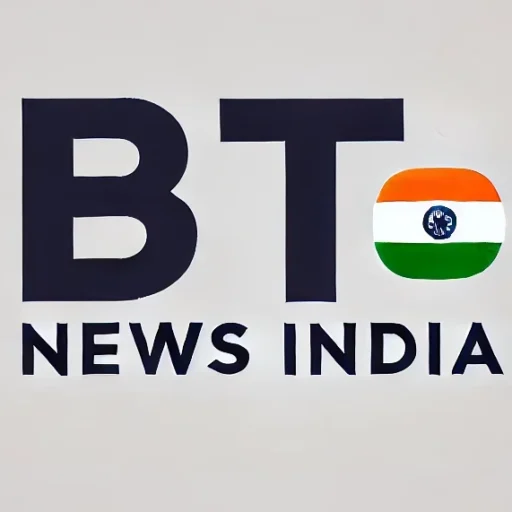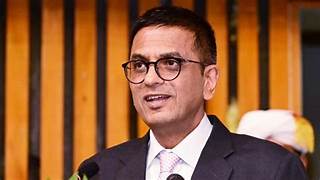A Pivotal Endorsement for a Unified Legal Framework, 75 Years After Independence
Published on: August 03, 2025
By: [BTNI]
Location: New Delhi, India
In a significant and thought-provoking statement, former Chief Justice of India (CJI) DY Chandrachud has come out in strong support of the Uniform Civil Code (UCC), emphasizing its importance as a constitutional goal that India must strive to achieve. Speaking on the matter, he highlighted that the Constitution itself expresses the “desirability” of a UCC, underscoring the need to realize this ambition 75 years after the adoption of India’s foundational document. His remarks have sparked renewed discussions on the relevance and feasibility of a unified legal framework for personal laws across the country.
The Uniform Civil Code, a concept enshrined in Article 44 of the Indian Constitution, calls for a common set of laws governing personal matters such as marriage, divorce, inheritance, and adoption, applicable to all citizens irrespective of religion or community. While the idea has been debated for decades, Justice Chandrachud’s endorsement carries significant weight, given his stature as a legal luminary and his tenure as the former head of India’s judiciary. His statement reinforces the constitutional vision of fostering equality and unity through a shared legal framework.
Justice Chandrachud emphasized that the pursuit of a UCC is not merely a policy issue but a reflection of the Constitution’s broader commitment to equality and justice. He noted that, 75 years after independence, the time is ripe for India to address this long-standing aspiration. His remarks come at a time when discussions around the UCC have gained momentum, with the government and various stakeholders exploring ways to balance cultural diversity with the need for legal uniformity.
The former CJI’s support for the UCC is seen as a clarion call for constructive dialogue on a subject that has often been polarizing. Proponents of the UCC argue that it would promote gender equality, streamline legal processes, and foster national integration by eliminating disparities in personal laws based on religion. For instance, a unified code could address issues like unequal inheritance rights for women or differing marriage and divorce procedures across communities, creating a more equitable system.
Also read- https://www.btnewsindia.com/राहुल-गांधी-के-दावे-की-सच्/ https://www.btnewsindia.com/मोदी-का-विकास-मंत्र-पिछड़/
However, the path to implementing a UCC is fraught with challenges, including concerns about preserving cultural and religious identities. Critics have long argued that a one-size-fits-all approach could undermine India’s diverse social fabric. Justice Chandrachud’s statement, while firm in its support for the constitutional ideal, also underscores the need for a nuanced and inclusive approach to ensure that the UCC respects India’s pluralistic ethos.
The endorsement has sparked widespread reactions from legal experts, policymakers, and civil society. Many view it as a bold step toward reigniting a national conversation on the UCC, urging stakeholders to work collaboratively to address concerns and build consensus. Legal scholars have praised Justice Chandrachud for framing the UCC as a constitutional aspiration, emphasizing that its implementation should align with the principles of justice, equality, and fairness enshrined in the Constitution.
As India marks 75 years of its Constitution, Justice Chandrachud’s remarks serve as a reminder of the unfinished agenda of nation-building. The UCC, envisioned by the framers of the Constitution as a tool for social cohesion, remains a complex but critical goal. His call to action encourages policymakers to approach the issue with sensitivity, ensuring that the process of formulating a UCC is transparent, participatory, and reflective of India’s diverse realities.
In conclusion, former CJI DY Chandrachud’s backing of the Uniform Civil Code is a landmark moment in India’s legal and social discourse. By rooting his support in the Constitution’s vision, he has provided a compelling case for pursuing a unified legal framework while acknowledging the challenges ahead. As the nation reflects on this pivotal issue, his words are likely to inspire meaningful dialogue and action toward realizing a long-cherished constitutional ideal.




